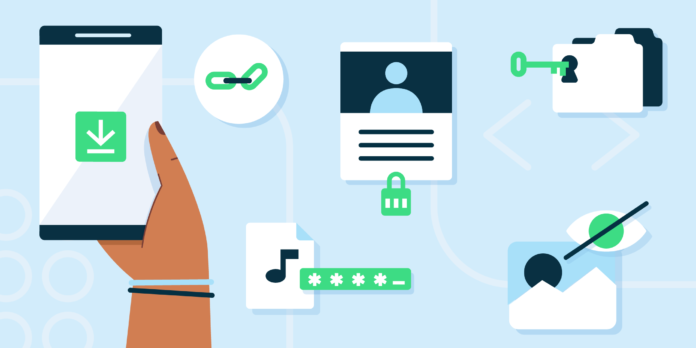There’s no denying that the COVID-19 pandemic has held a substantial impact on our globalising world, prompting us to consider what the advantages and disadvantages of a globalised economy can be, as well as the benefits of having flexibility in our professional lives.
Now more than ever, people are working on the web and on the go. For this reason, cybersecurity has become a growing concern not just for people working in IT or in security industries but also for a myriad of professionals, students, and households across the globe.
For those of you who may be new to the world of cybersecurity, we’ve compiled a little list of circumstances where a VPN will be a definite asset, whether it be in a personal or professional capacity. This will help you take some simple steps to protect your privacy online.
Read on if you’ve ever wondered ‘What is a VPN?’, and ‘How can using a VPN benefit me?’.
Working from home
When you think about ‘working from home essentials’, most of us may immediately go to monitors, ergonomic keyboards, Bluetooth headphones, and the like. What you may not pay as much mind to, however, are VPNs, antivirus protection, and other security software that will be sure to keep you safe and secure when using your home network for professional purposes.
Basically, when you work from home, you’ll likely be using the same devices for both your professional and personal use, meaning that you risk not only your own data but also your company’s data if you ever experience a security breach. Add to that the fact that you’ll also be using your devices to keep in touch with family, friends, or coworkers and that you’ll likely be sharing files across all three of these groups. Then you can see how it could be pretty easy for more than just one virus to spread during this pandemic. These risks can all be easily mitigated with the use of a VPN and some basic malware protection.
Staying in touch
While we’re all working from home, there’s a big focus on staying in touch, whether it’s through video conferencing apps like Microsoft Teams, Zoom, or other social apps like Twitter, Tiktok, or other online chat websites. Reality is, some of these websites might be blocked where you are, particularly if you’re using public WiFi or some corporate connections.
Using a VPN can be a way to get around these restrictions, but be careful – bypassing restrictions can draw unwanted attention, so always make sure you can use a VPN to access particular resources.
Streaming media content
As VPNs allow you to hide your IP address, internet service provider, and thus also your geographical location whilst browsing the web, it’s no surprise that many who invest in a VPN also take the opportunity to stream media content from around the world that may have otherwise had regional restrictions placed upon them. Australian streamers know this bleak story all too well, with regional restrictions popping their head up time and time again across YouTube, but with libraries differing between Netflix Australia and its other national counterparts, you may need a VPN to watch shows that the rest of the world already has access to.
Of course, you can use your VPN for so much more than streaming, but the ability to leave regional restrictions at the wayside is a pretty compelling advantage to a lot of Aussie web users. It’s definitely worthwhile when you consider the alternative here would be to stream illegally, which will inherently expose you to a lot of dubious files from unknown sources.
Shopping online
There are some pre-existing methods for improving safety when it comes to shopping online, with payment services like Stripe and PayPal offering alternatives to directly providing online retailers with your sensitive information. It’s worth noting that established services like PayPal aren’t immune to security breaches, and your data may still be at risk of being harvested by third parties.
You can further bolster your digital defences by using a VPN to ensure that your data stays encrypted in the event that any hackers or malware are able to breach the sites through which you’ve made transactions.
Travelling internationally
One of the strangest things about the COVID-19 pandemic to date is simply the fact that despite globalisation being at the forefront of global economic development, we’re also more physically disconnected from one another than we ever thought possible in a modernising world. People aren’t travelling internationally, or even domestically, in an attempt to keep the virus at bay.
In a post-COVID world, when international travel becomes a possibility for us once more, the chances are that you’ll want to grab life by the horns and jet-set to destinations that may have been added to your radar over the many months spent in lockdown. Even so, there are countries like China that practice digital censorship, meaning that a lot of your more popular sites or social media platforms may be a little hard to access, that is, unless you have a VPN.
There’s a lot more to VPN use than simply streaming or shopping online, but for most of us, it’s what a VPN can do in our day-to-day that makes them such a fantastic investment when it comes to your internet security game plan.
Be sure to find yourself a VPN with local Australian servers to ensure that you’ll always have access to hassle-free internet security and high-speed access 24/7.



